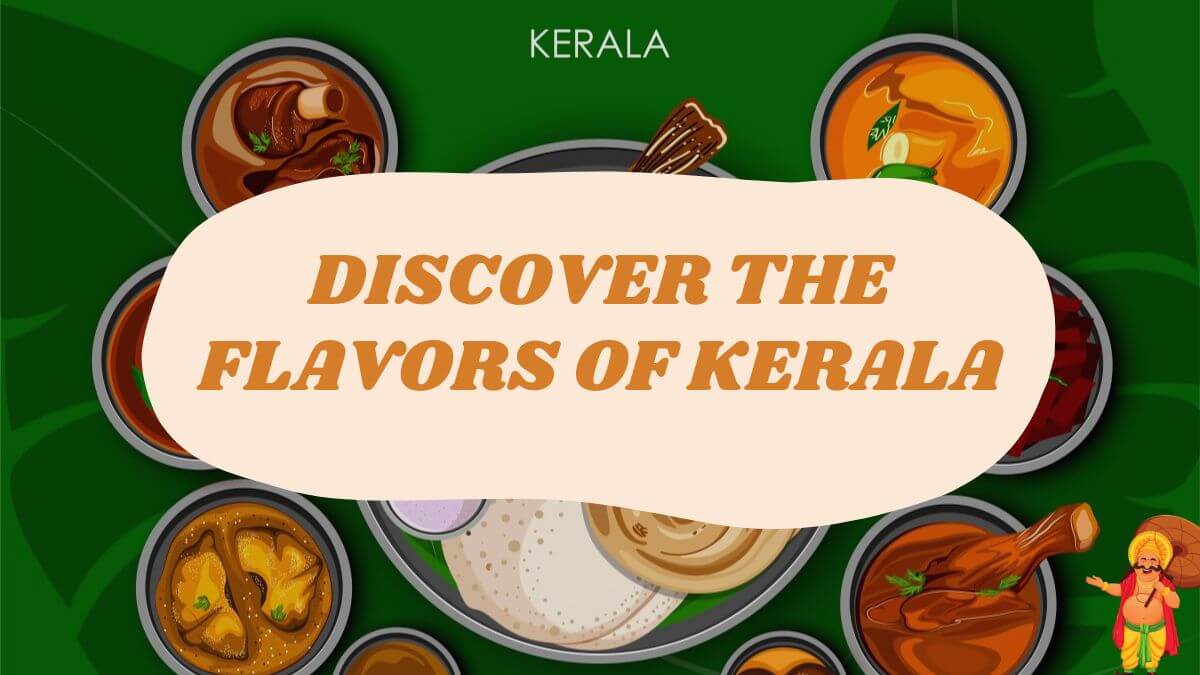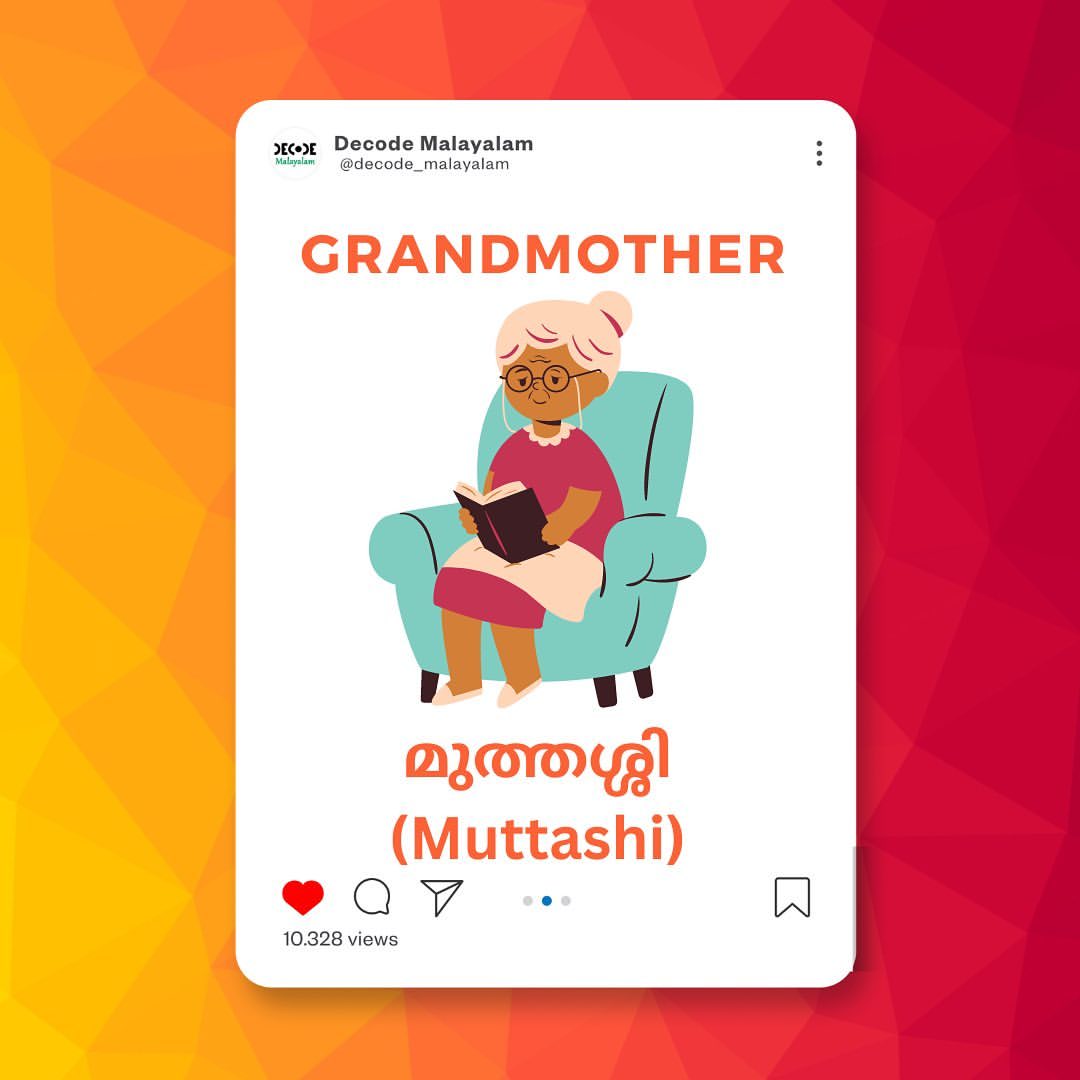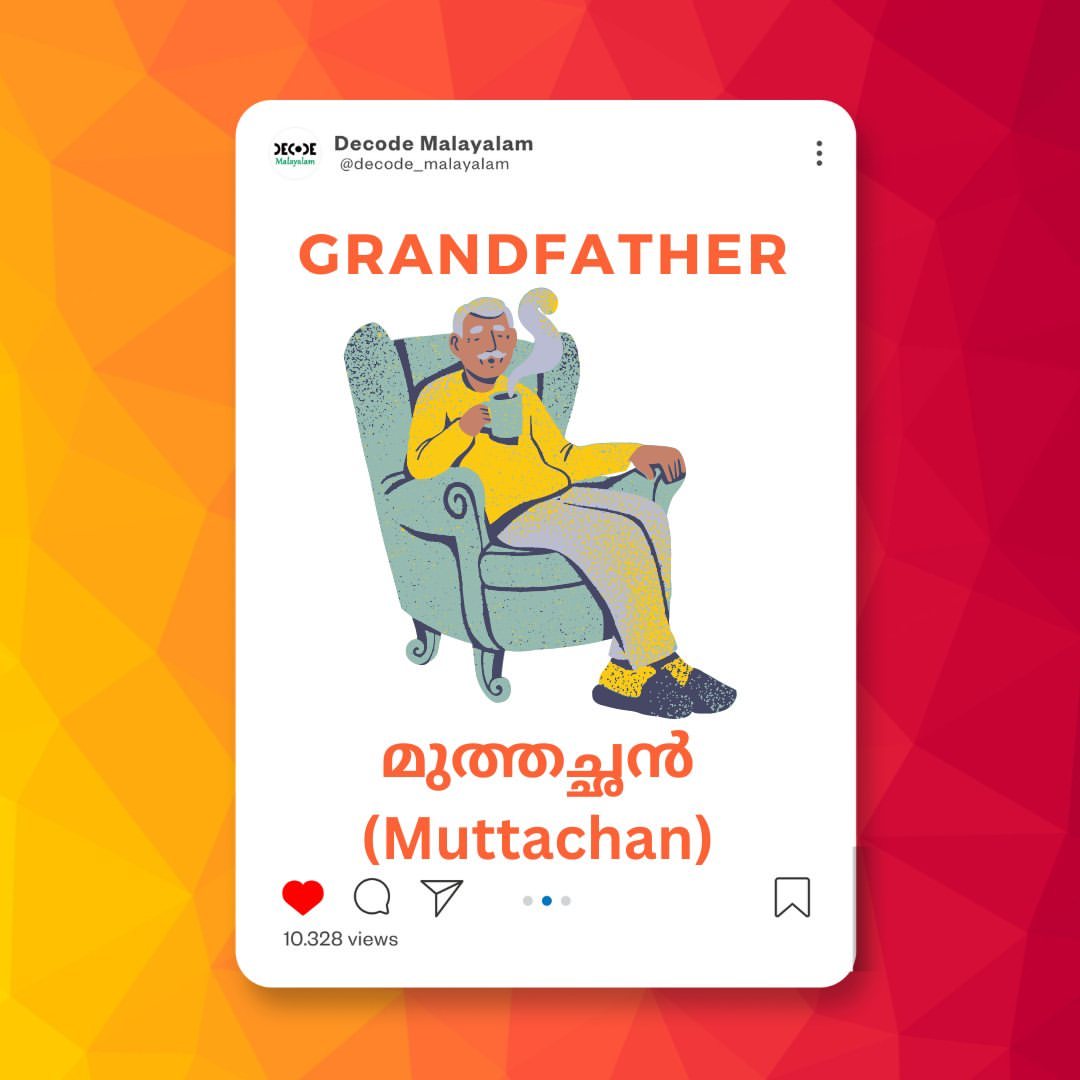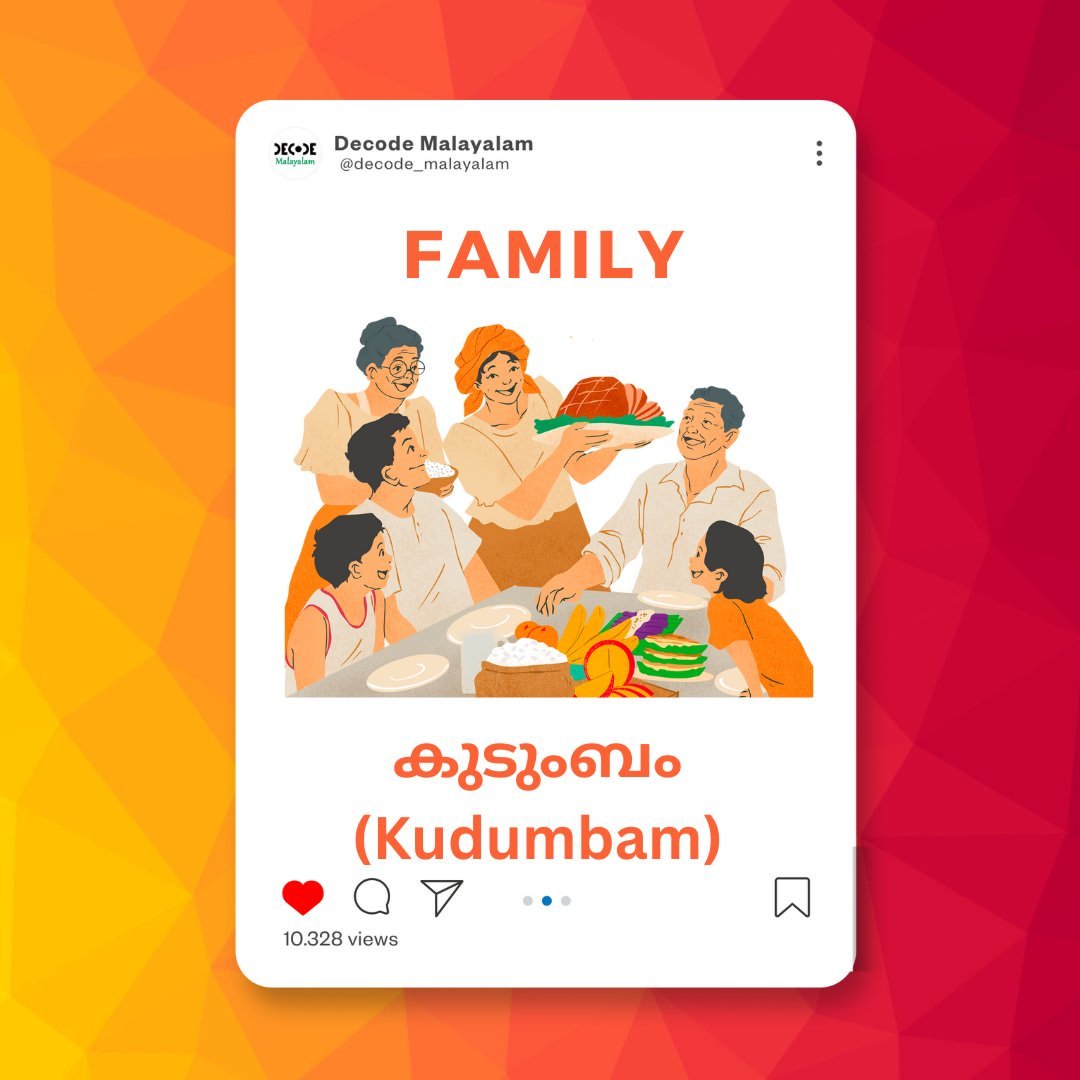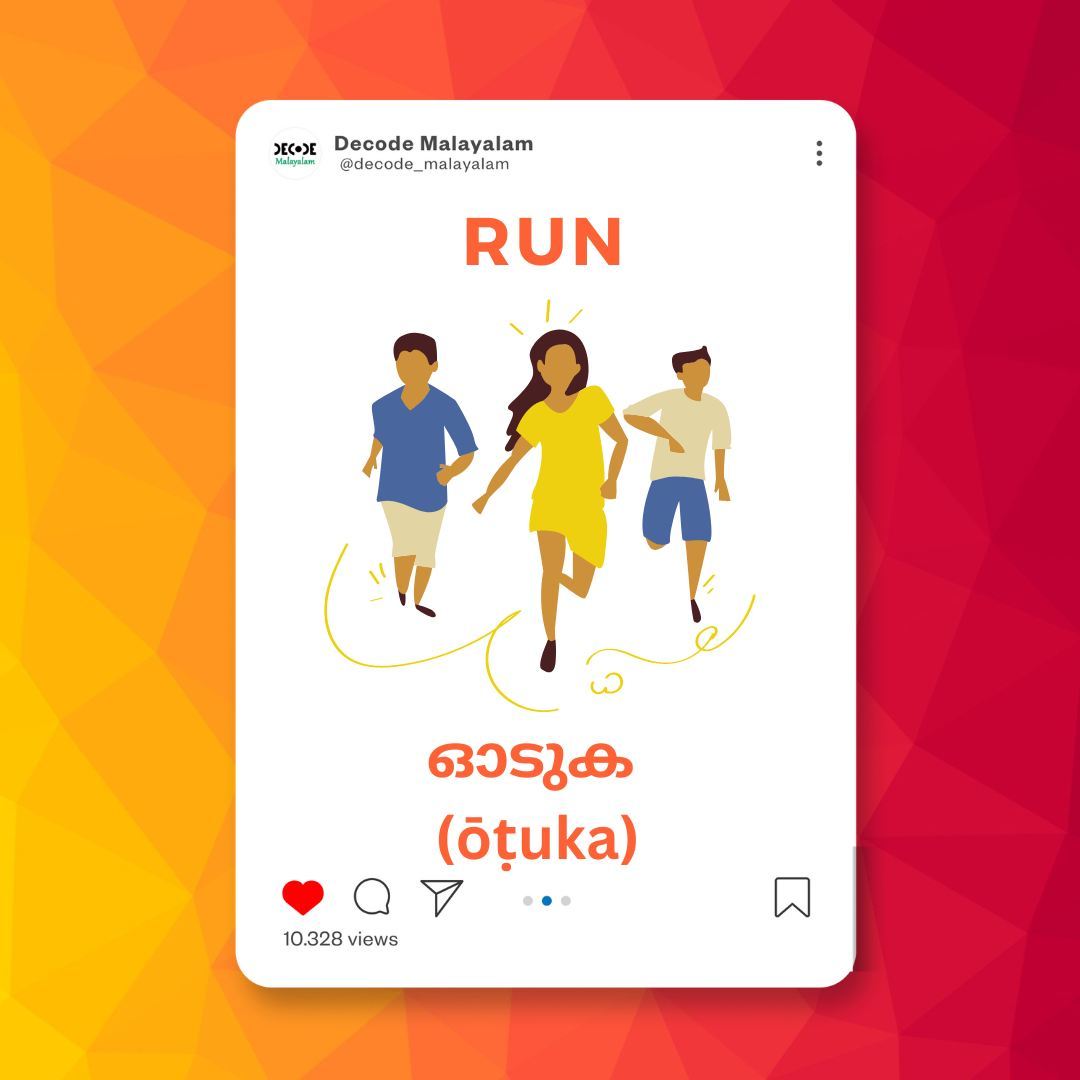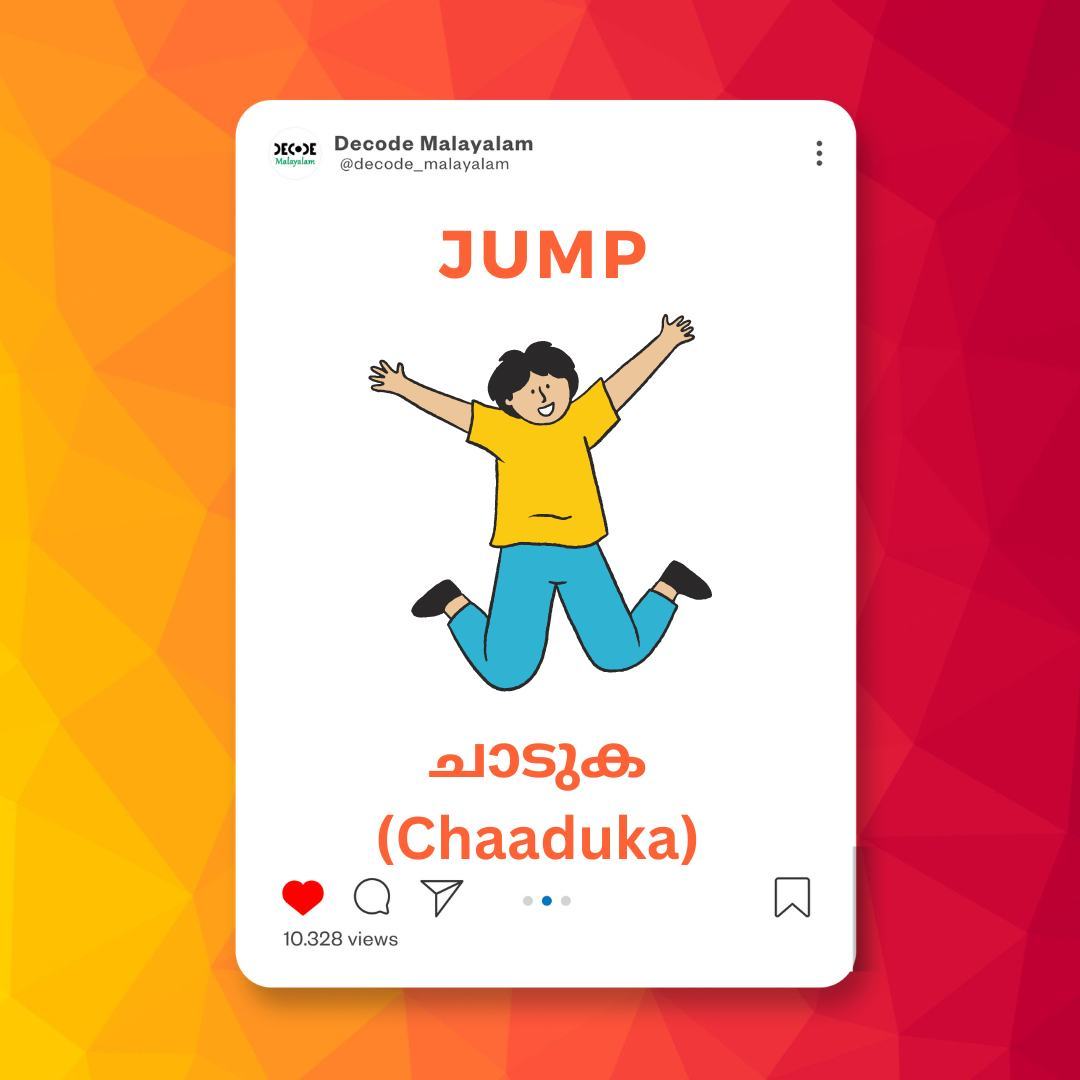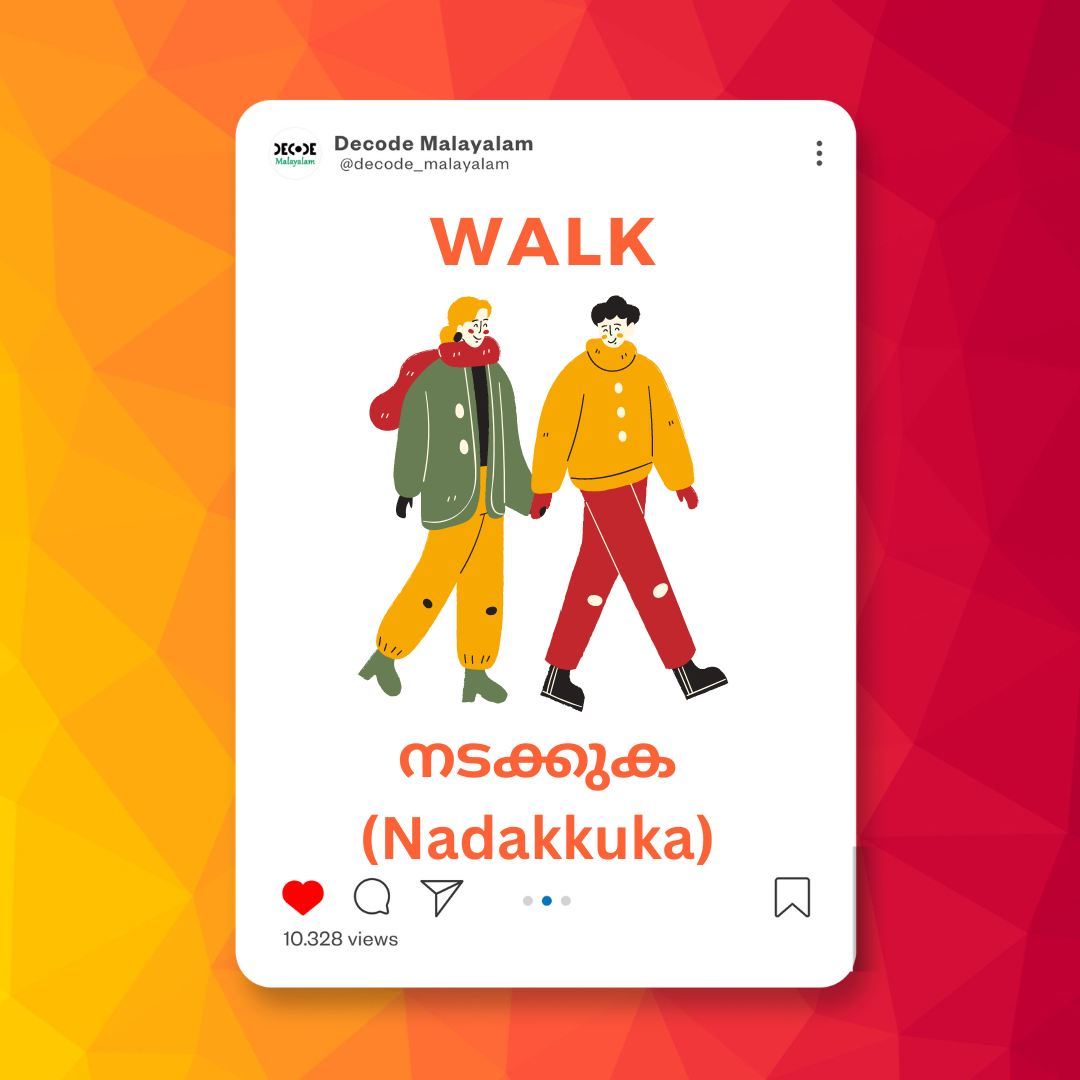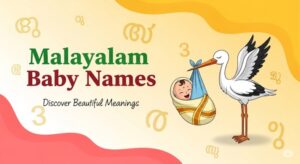Decode Malayalam is your Malayalam language learning partner, and once you master Malayalam and visit Kerala, do not miss the following traditional foods. Kerala is one of the most beautiful places in India, boasting stunning landscapes and a rich culinary heritage. The traditional cuisine of Kerala is a blend of flavors, colors, and aromas that will tantalize your taste buds. Here are the top 10 traditional foods you must try when you visit Kerala.
1. Sadya

Sadya is a traditional Kerala feast, usually served on a banana leaf. It consists of a variety of dishes including rice, curries, pickles, and sweets. This elaborate meal is a vegetarian delight, featuring around 20 different items, such as sambar, avial, thoran, and payasam. Sadya is typically enjoyed during festivals like Onam and weddings.
2. Appam with Stew

Appam is a type of pancake made from fermented rice batter and coconut milk, with a soft and fluffy center and crispy edges. It is often served with a savory stew made from either vegetables or meat (usually chicken or mutton) cooked in a creamy coconut milk base, flavored with spices like cinnamon, cloves, and green chilies.
3. Puttu and Kadala Curry

Puttu is a steamed cylindrical rice cake made with ground rice and grated coconut. It is a staple breakfast dish in Kerala. Puttu is commonly served with kadala curry, a spicy and flavorful black chickpea curry cooked with roasted coconut, shallots, and a blend of aromatic spices.
4. Karimeen Pollichathu

Karimeen Pollichathu is a signature dish of Kerala, featuring pearl spot fish marinated in a blend of spices, wrapped in a banana leaf, and then grilled or baked. This method of cooking infuses the fish with the flavors of the spices and the banana leaf, resulting in a succulent and aromatic dish.
5. Malabar Parotta with Kerala Beef Fry

Malabar Parotta is a flaky, layered flatbread that originated from the Malabar region of Kerala. It is often paired with Kerala beef fry, which is made by marinating beef pieces in a mixture of spices and then frying them with coconut slices, curry leaves, and onions until they are crispy and flavorful.
6. Erissery

Erissery is a traditional Kerala curry made with either pumpkin or yam, cooked with lentils, grated coconut, cumin seeds, and green chilies. It is seasoned with a tempering of mustard seeds, red chilies, and curry leaves in coconut oil, giving it a rich and distinctive taste.
7. Avial

Avial is a mixed vegetable curry made with a variety of seasonal vegetables like carrots, beans, raw banana, and drumsticks, cooked in a coconut and yogurt gravy. It is lightly spiced and tempered with coconut oil and curry leaves, making it a wholesome and nutritious dish.
8. Palada Payasam

Palada Payasam is a traditional Kerala dessert made with rice ada (rice flakes), milk, and sugar, flavored with cardamom. This creamy and rich dessert is often prepared during festivals and special occasions. The slow-cooking process caramelizes the milk and sugar, giving it a unique flavor and texture.
9. Thalassery Biryani

Thalassery Biryani, also known as Malabar Biryani, is a fragrant and flavorful rice dish made with basmati rice, chicken or mutton, and a blend of spices. What sets it apart is the use of Jeerakasala rice, a short-grain rice, and the unique cooking method that involves layering the meat and rice, then cooking them together to perfection.
10. Kappa and Meen Curry

Kappa (tapioca) and Meen (fish) curry is a classic Kerala combination. The tapioca is boiled and mashed, then served with a spicy and tangy fish curry made with coconut, tamarind, and a variety of spices. This dish is a favorite among locals and is a must-try for seafood lovers.
Conclusion
Kerala’s traditional cuisine is a true reflection of its rich cultural heritage and natural bounty. Each dish tells a story of the land and its people, offering a unique taste of Kerala’s diverse culinary traditions. So, as you embark on your journey to learn Malayalam with Decode Malayalam, make sure to also indulge in these delightful traditional foods when you visit Kerala. Your taste buds will thank you!
Happy learning and happy eating!
Read More :

